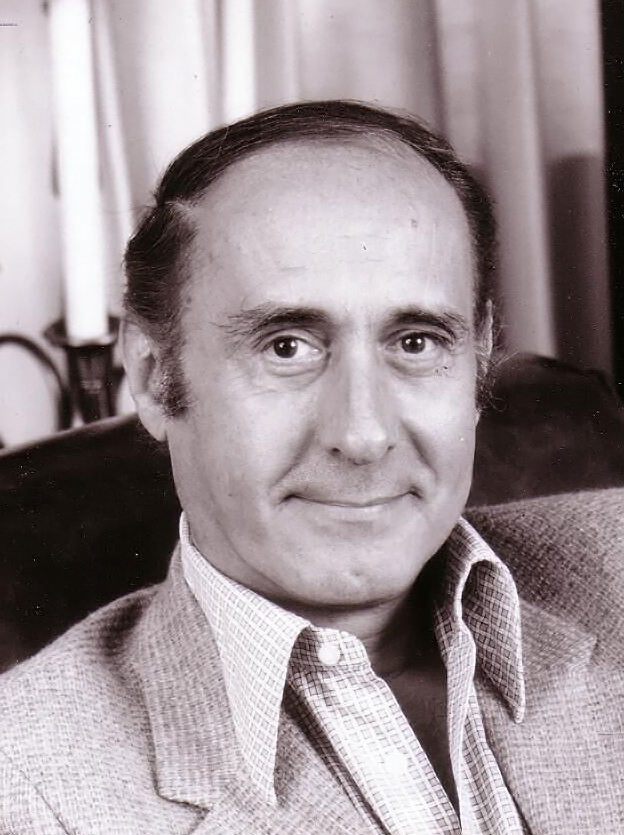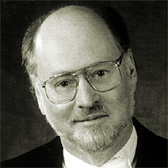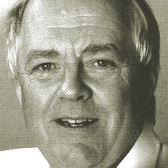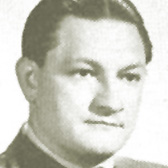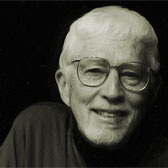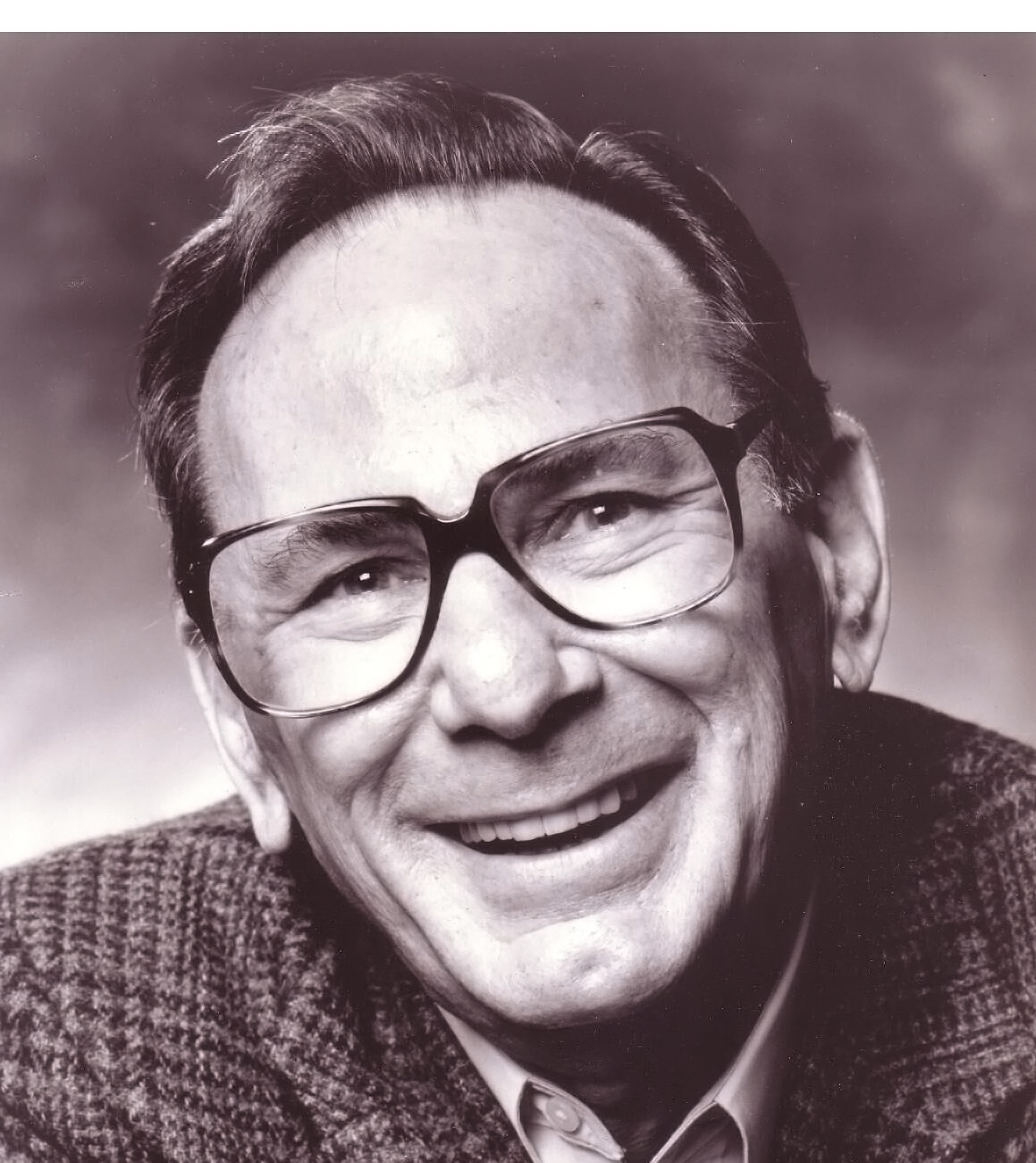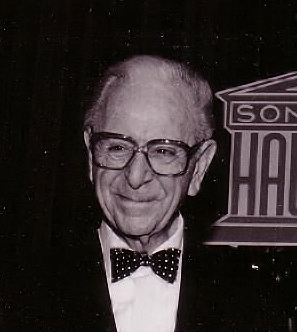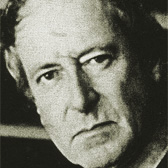
Scored more than 50 films, and won six Oscars.
John Barry
InducteeWrote scores for 12 Bond films from "Goldfinger" (1967) to "License to Kill" (1989).
The overused term "British Invasion," as applied to the culture of popular music, is widely thought to have commenced with the arrival of the "Fab Four," The Beatles, at New York's Kennedy International Airport, in February 1964. If truth be told, the so-called invasion actually started two years earlier, in 1962, when the British army veteran, and rock and roll bandleader, John Barry, moved out of the ranks of touring and recording rockers, and into the world of motion picture music.
Barry, the son of a classical pianist mother and a father who owned a chain of motion picture theaters, was born in November 1933, and as a young child developed a strong proclivity for music. He learned both the piano and trumpet; and coincidentally, developed an abiding interest in films. To the end of his life, he claimed that he knew as a growing boy and young man that he wanted to be a film composer. In fact, at 15, he worked for a time in the semi-related field of film projectionist.
Barry later enlisted in the British Army and during his tour of duty, furthered his interest and skills in music, by taking a correspondence course in composition and orchestration. Mustered out of the armed forces in 1957, he put his schooling to work by forming a rock and roll band, John Barry and the Seven. With a series of live and television performances under their belts, the band was signed by EMI's Parlophone record label, which soon released a first album, The Big Beat, as well as various singles.
Continuing in the rock genre, Barry drew an assignment in 1959 to score his first film, Beat Girl. Following this movie music debut, he accepted new assignments for more scores, specifically, Never Let Go and The Amorous Prawn. Simultaneously, he was continuing with his own pop music career with a second album, Stringbeat, and a variety of singles.
Barry and his band were doing extremely well with their recordings and touring schedules. Then in 1962, the break that changed his career direction came along. The producers of the very first James Bond film, Dr. No, approached him with an offer to work on the project, specifically, to arrange and perform the song that would become the James Bond theme.
The initial Bond success soon led to additional assignments, specifically the next two James Bond films, From Russia with Love and Goldfinger. Both were major successes on the charts and led to Barry's scoring of eleven James Bond films, through several different actual James Bonds, first with Sean Connery and later with Roger Moore and Timothy Dalton. Barry also composed the theme songs for many Bond films, collaborating with such lyricists as Lionel Bart, Anthony Newley, Don Black, Hal David, Tim Rice, Duran Duran and Pål Waaktaar of A-Ha. Some of the themes were international Pop hits, most notably “Goldfinger” (recorded by Shirley Bassey), “Thunderball” (Tom Jones) and “A View to a Kill” (Duran Duran).
While Barry might well have stylistically painted himself into a corner with the Bond action-oriented movies, they actually proved useful stepping stones to other film genres. During the '60s, his successes included musical scores for such diverse motion pictures as The Ipcress File, Midnight Cowboy, Born Free and The Lion in Winter. For the latter two films, he won Oscars for "Best Original Score," as he also did later for Out of Africa and Dances with Wolves. The Oscar for "Best Original Song" also went to “Born Free." Later, his scores for Chaplin and Mary, Queen of Scots, were Oscar nominees.
Barry also won four Grammy Awards for: Out of Africa for "Best Instrumental Composition; "Dances with Wolves for "Best Instrumental Composition Written for a Motion Picture or for Television;” The Cotton Club for "Best Instrumental Performance, Big Band;" and Midnight Cowboy for "Best Instrumental Theme."
Barry's movie assignments continued to include themes and scores for a wide diversity of films, including The Dove, Inside Moves, Peggy Sue Got Married, Cry the Beloved Country, Body Heat and Indecent Proposal, among numerous others. Barry, who lived for many years in Oyster Bay on Long Island, died on January 30, 2011
Scroll to Discover John Barry Connections




